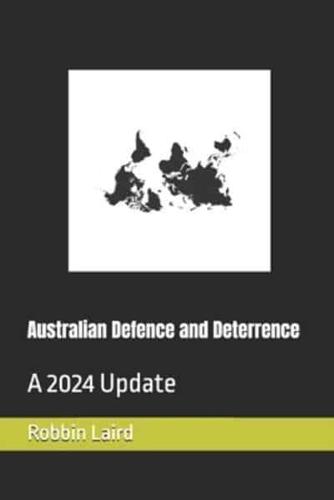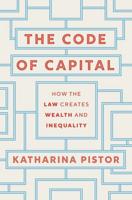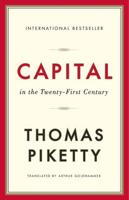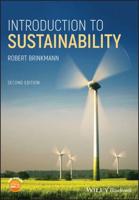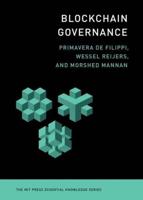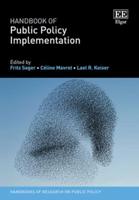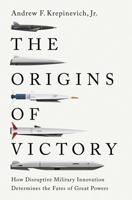Publisher's Synopsis
In this book, Dr. Laird provides an update on the ADF or the Australian Defence Force from the perspective of changes introduced in 2023 and embodied in the 2024 Defence Investment Plan. The core of the book is built around the Sir Richard Williams Foundation April 2024 seminar on multi-domain operations in support of an Australian maritime strategy.
This book is the second in the series on Australian Defence and Deterrence the first having been published in 2023. Laird is a research fellow with the Sir Richard Williams Foundation and has been writing their bi-annual seminar reports since 2014. And in support of these reports has conducted interviews during his visits since 2014 with the ADF and strategists about the evolution of Australia's defence and security strategy. As such, these reports provide unique insights into the evolution of Australian defence and security policy. The book begins with a contribution by John Blackburn and Anne Borzycki who look at the broad impact of Australian politics on the nature of the Australian defence effort and argue for the need for a comprehensive national defence strategy to deal with the new historical era facing Australia and the liberal democracies. Rather than a world of multi-polarity or great national power competition, a key aspect of the new historical epoch we have entered is multi-polar authoritarianism. Authoritarianism is clearly globally ascendent, but these regimes or groups do not share a common ideology or action program. Many of these authoritarian states or groups have roots deeply inside Western democracies and through various means operate within Western societies, rather than simply being an external threat. The key challenge facing Australia is whether or not the government and the country shape policies and a strategy to prevail in the new historical epoch. How does Australia generate a credible deterrent strategy against a power that is their major trading partner? How does Australia shape a national security and defence strategy which engages the nation and mobilizes its resources? How does Australia do so while pursuing an energy strategy which simply does not tap the natural resources which Australia possesses in abundance? How does Australia generate a credible ADF when the government is simply putting off investments in the force that would have to fight tonite? How credible is the future force? Do the elements of this force really integrate or are they really new platform stove pipes?Does Australia have a credible alliance approach? Is AUKUS really a centerpiece of a military renaissance? How will Australia stand up to China while largely being a raw materials supplier to the country? How realistic is the domestic understanding of what the threat from the new authoritarians is domestically? Information war is now a key domestic fact of life, and not simply an away game. How capable is Australia of building the defence and security infrastructure it needs? Can Australia defend itself as a sanctuary to the extent necessary to provide a strategic reserve for its Pacific allies in times of crisis? How will Australia focus primarily on Indo-Pacific challenges and still remain engaged with at least some presence forces for other global regions? How will Australia defend its maritime interests without shaping a significant merchant maritime capability? In short, key questions need to be asked and answered and not only by Australia. Each of its democratic partners faces major challenges itself. And collectively, we face a very challenging environment with a wide range of authoritarian actors with no interest in providing their political and security capital to a "rules-based order." How will Australia shape its way ahead?
